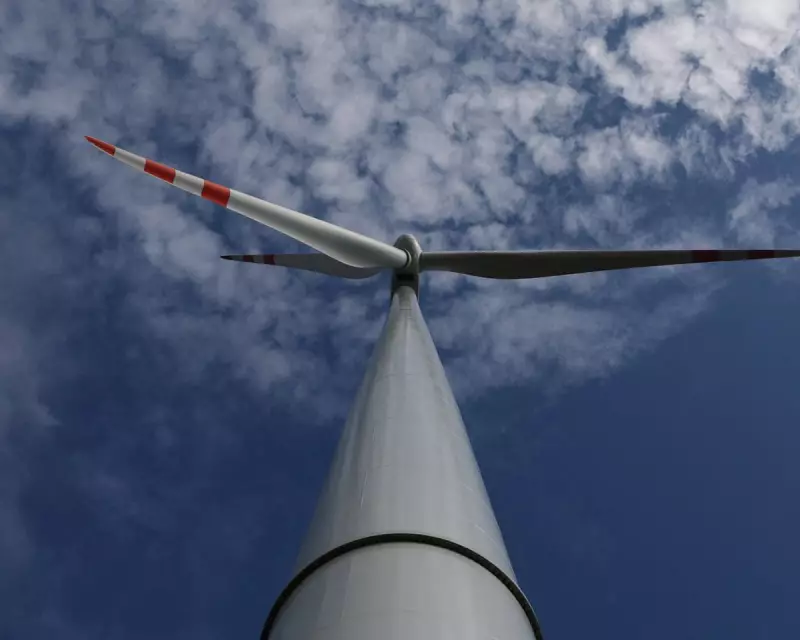
The Labour government's flagship commitment to achieve clean power by 2030 is facing intense scrutiny from energy analysts and financial experts who argue the timeline is increasingly unrealistic and potentially costly for taxpayers.
The Reality Check on Costs
Recent analysis suggests that Labour's clean energy strategy requires significant revision, with particular concern focused on the enormous financial implications. The original plan, while ambitious in scope, appears to underestimate both the scale of investment required and the practical challenges of overhauling the UK's energy infrastructure within such a compressed timeframe.
Energy specialists are urging ministers to abandon what they term an "artificial deadline" and instead focus on developing a more pragmatic, cost-effective approach to the energy transition. The warning comes as detailed cost projections reveal the staggering financial commitment needed to meet the 2030 target.
Key Areas Requiring Immediate Attention
- Financial Transparency: Clearer cost projections and funding mechanisms are urgently needed
- Grid Infrastructure: Massive upgrades required to handle increased renewable capacity
- Supply Chain Readiness: Concerns about whether UK industry can scale up sufficiently
- Consumer Impact: Potential effects on household energy bills need proper assessment
The Path Forward
Rather than clinging to an arbitrary date that may prove counterproductive, experts recommend the government should:
- Conduct a comprehensive review of implementation timelines
- Develop more realistic milestones based on current capacity
- Create contingency plans for potential delays and cost overruns
- Ensure proper parliamentary scrutiny of the National Energy Fund proposals
The core message from industry observers is clear: ambition must be balanced with practicality. While the transition to clean energy remains crucial, achieving it through a poorly planned rush could undermine both economic stability and public confidence in the entire project.
As the debate continues, all eyes remain on Westminster to see whether the government will adjust its approach or double down on what critics are calling an increasingly untenable position.





